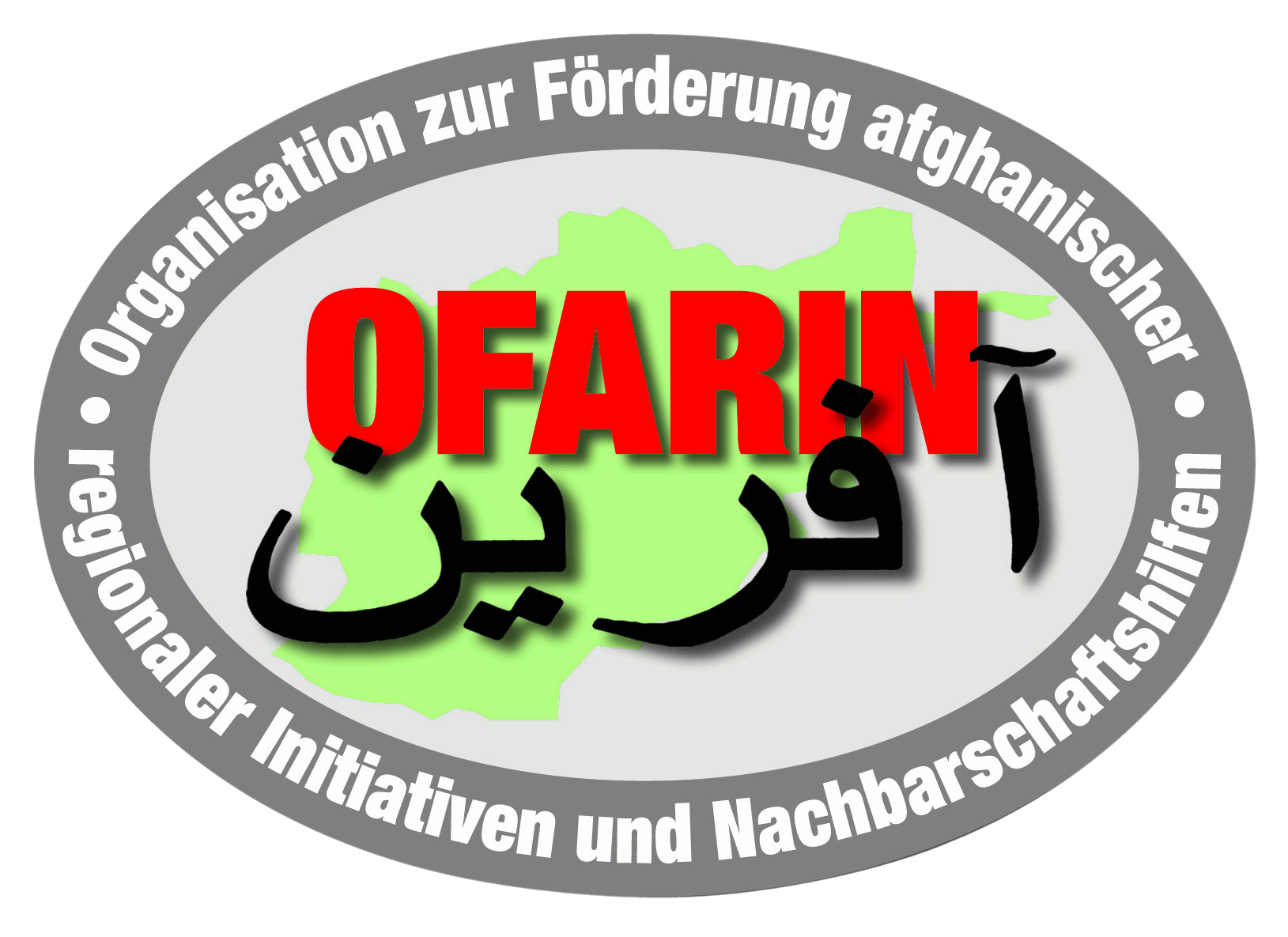
Report about OFARIN’s Corona-Program in Afghanistan
Explanations to our Corona-Program
OFARIN has started a small corona-program. In Afghanistan this illness can hardly be stemmed by the authorities. Quarantine measures are not feasible due to the tight living conditions. Closures of shops had been bypassed soon. Transport restrictions of building materials to the city of Kabul destroyed the income opportunities of thousands of day laborers, and could not be kept up.
Afghan physicians are not qualified to treat this up to now unknown illness. The hospitals are not equipped to face this epidemic. There is no efficient protective clothing for physicians and nurses. The staff fled their hospitals, when they had to treat corona-patients. In Kabul with its at least five million inhabitants, only two governmental hospitals treat corona. Additionally, there are small private clinics dealing with this sickness. In all these places the patients and their families have to pay for every service and for all medical equipment and drugs, for instance for rubber gloves of the hospital staff or for oxygen for artificial respiration. Proper intubations are practically impossible. Only each one of the two government hospitals have one appropriate apparatus. A corona-test costs at least 100 $. In all hospitals and clinics, the patients have to expect that the physicians want to enrich themselves by the application of nonsensical medicaments and treatments.
For these reasons, OFARIN decided only to mitigate the economic impacts of corona on affected families if possible. Mostly it’s about the loss of persons who had contributed essentially to the livelihood of their family. OFARIN is only able to care for families of our pupils and teachers. Our staff has only a sufficient insight into the circumstances of these families. Moreover, OFARIN’s means are very limited. Mostly in a first step, OFARIN pays out 5.000 Afghanis (61 $). In one case 10.000 Afghanis were given. Such amounts really help – but only for a limited time. We have to expect, that we have to give further support to the same families.
The implementation of the program is in the hands of our colleagues in Kabul. They have always been reliable and correct. In the parts following to this introduction, we reproduce what some of the affected persons said. These ones have told this to ladies of our staff, and they have transferred it into their English. We will soon publish German translations of these texts in OFARIN’s homepage too. For sure, persons who got our help are grateful. But there are a lot of others going away empty-handed, because our colleagues assessed their cases as not too bad, and because they had to note the very limited possibilities of OFARIN. For these rejected persons and their families it is not easy to get along with the decisions of our staff. Our colleagues have not an easy stand.